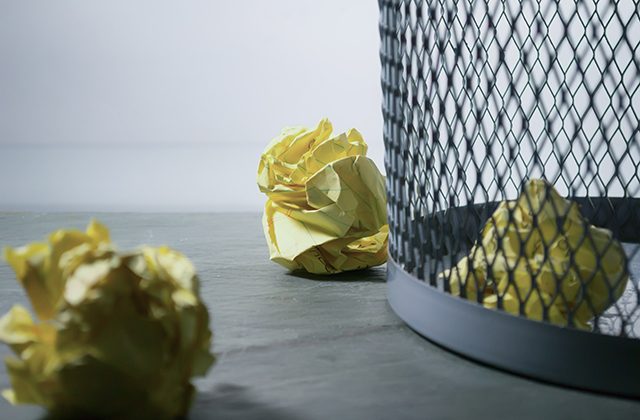About 80% of the average household waste is recyclable, according to the EPA. There’s a great deal you can do to reduce waste — and it doesn’t have to cost much money. Here are some tips:
Recycling is essential. If you don’t recycle now, you may be surprised by what your trash can look like in the future. Recycling helps preserve natural resources and reduces reliance on fossil fuels. Plus, it keeps valuable materials out of landfills and out of the environment that can harm sea life and other living things. Recycling also helps increase the resale value of your possessions. In getting rid of your waste properly this is the time that you will need the skip bin hire Adelaide.
Buy durable items instead of disposable ones. You know that one pair of shorts you’ve bought three times already? Replace them with a new pair every time you go to buy them, even if it’s just once a year or less. That way, they’ll last longer and you’ll save money in the long run. If a disposable item like paper towels expires, don’t buy another box. Rather, put down another towel on top of that one until the first one is soiled or worn out; then change out that old one for a new one and continue doing so every few months until there are no more towels left to change.
Waste is usually defined as the portion of a product that managed to make its way from your factory to your customer — but that’s not necessarily the whole story. If you’re manufacturing a product, it’s inevitable that some material will be lost along the way.
It can be difficult to get rid of this waste in a way that’s cost-effective and doesn’t harm the environment. But there are options available, including selling it off, recycling it or using it up before deciding what to do with the rest of your inventory.
In the world of production and manufacturing, there are two types of waste: scrap and process waste. While almost always associated with one another, they are actually different.
The difference between the two is that process waste is waste that’s generated by the manufacturing process itself. After a product is made and it’s ready for use, it has to be disposed of. Process waste includes the tools used to make it, raw materials, parts left over from a finished product, unused supplies and anything else that doesn’t meet its intended purpose.
Scrap is waste created by the manufacturing process — things like scrap metal, clay or wood that aren’t valuable enough to be reused as raw material or sold as finished products. It’s usually removed during the production of a product, because it’s too costly to remove after the fact.
In addition to costs associated with waste disposal and prevention, there are other costs associated with processing scrap. Unwanted material has to be discarded — whether burned, melted down or sent somewhere in order to get rid of it. The cost of sending this material somewhere varies depending on how far away it is and how much energy must be invested to get it there.
Waste is the unwanted byproduct of any process or activity. There are many components to waste, including:
Diverted materials. This includes materials that you don’t use in your products or packages that could have been used for something else. For example, when you’re ordering a new pair of shoes from a shoe store, you might see the package for a spare pair. That might be shipped to the store for immediate delivery or it might be diverted and sent elsewhere — to the trash bin.
Off-spec materials. These are similar to diverted materials, but they’re made specifically for recycling instead of being used in another part of your production process. A product manager might have some leftover scraps of leather that aren’t universally usable in their products, so they would send them directly to a local scrap yard and hoping they can turn them into something new down the road
Not producing enough of an item. Some companies usually design the right amount of product, but they make too little of it because they’re not able to meet their production schedule. If that happens with your company, chances are good they’ll be able to get more product from somewhere else
Guaranteeing quality by making sure everything you produce meets quality standards. Book now for your skip bins for hire.

